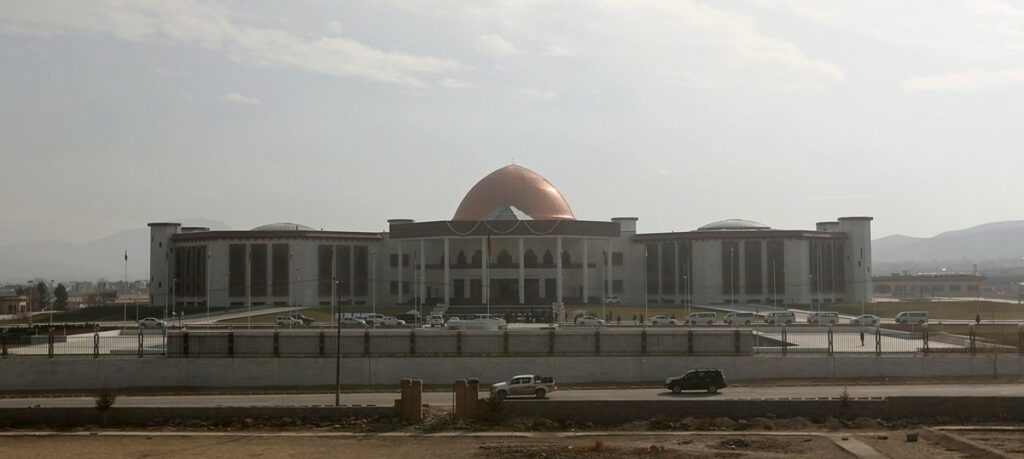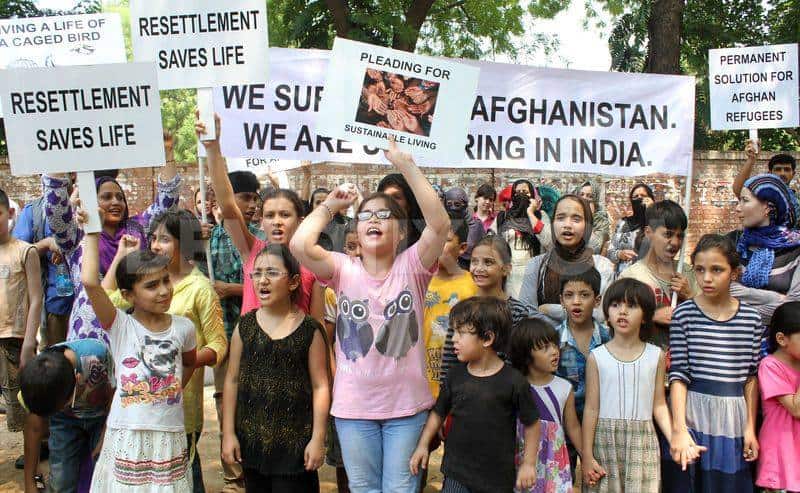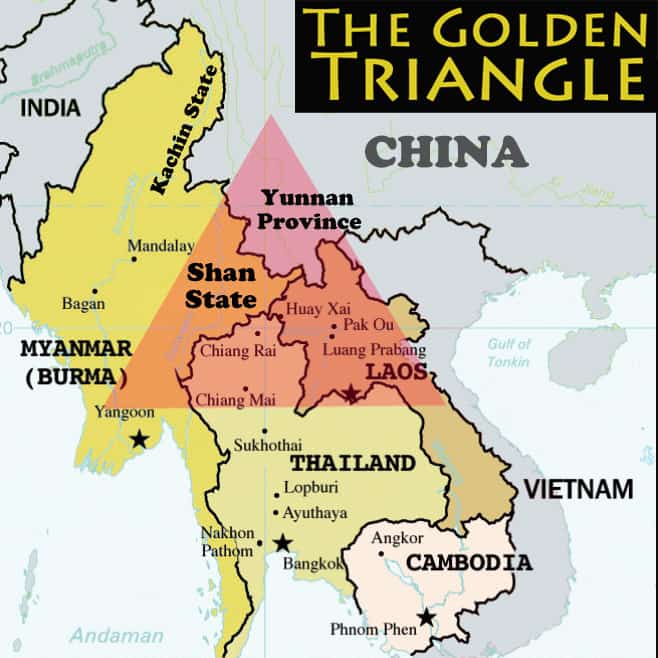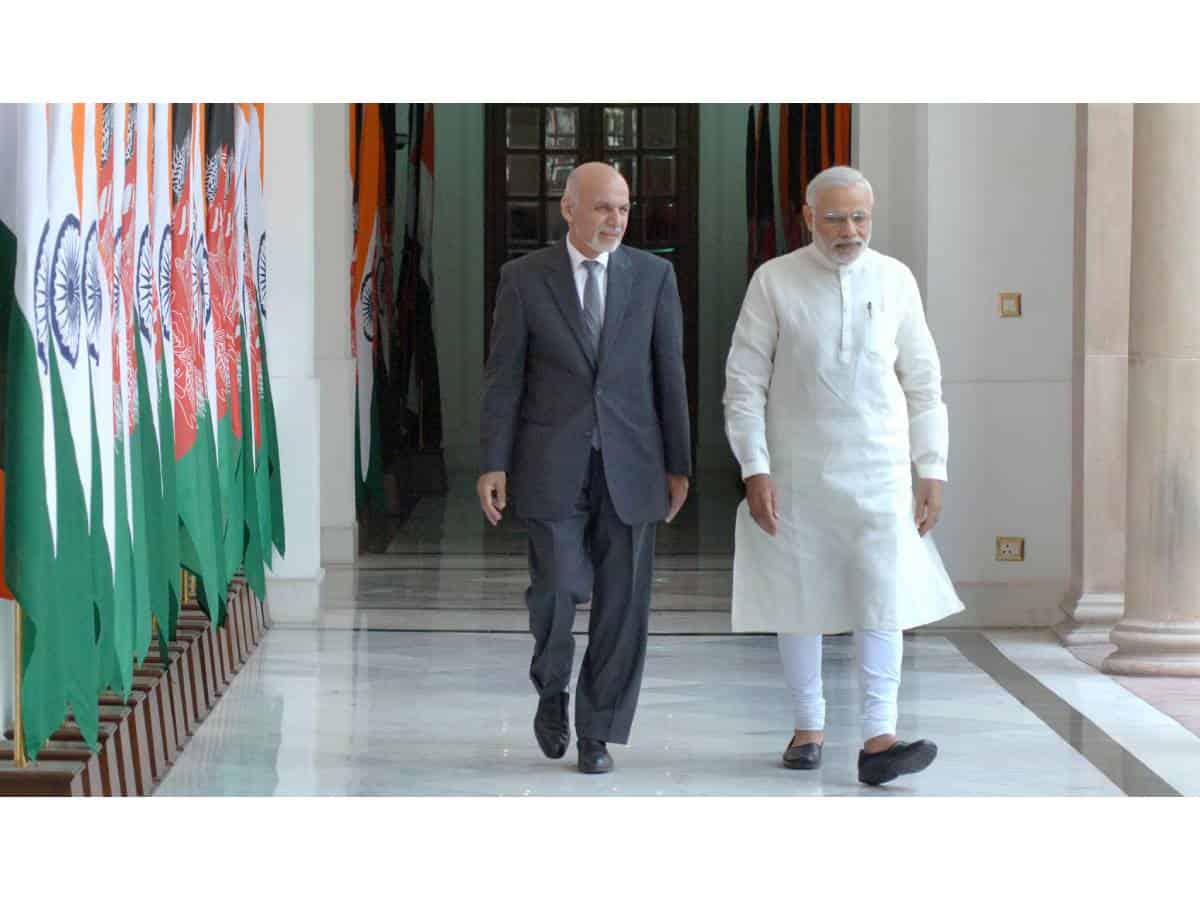In India, many have been debating about why the BJP governmetn didn’t reach out to the Taliban when every other stakeholder was talking to them for quite some time. The US, Russia, China, and Iran are in a much better position to deal with the Taliban to have their concerns addressed. On the other hand, the Modi government’s domestic agenda precluded any engagement with those currently at the helm of the new Afghan regime.
Sometime after 2014, the US and other prominent countries changed their perception towards those who now call the shots in Afghanistan. They realized that the center of gravity rests on these Pashtun guerrillas. Hence, they started talking to the Taliban to prepare for an exit from the country.
However, the current foreign policy establishment’s myopic view of the situation put them at odds with the faction. Never did India have a plan ‘B’ in place if the US-backed government they supported fell.
Due to the Indian response to recent developments in conflict-ridden territory, never has Modi’s poor judgment with foreign policy been more apparent. The Prime Minister’s arrogance in carrying out international statecraft has put India at a strategic disadvantage in Afghanistan.
What exactly has the BJP government’s opposition to the Taliban done to India? First and foremost, Indian investments made in Afghanistan are at risk.
Sunk costs on the horizon
India has invested over $3 billion there. For the past two decades, India has been at the forefront of reconstruction efforts, education, infrastructure, medicine, agriculture, and power generation.
Among these projects were also a new Parliament building as well as the Salma Dam. Plus, roads, schools, universities, hospitals, and sports stadiums were built all over the country with good intentions to develop Afghanistan.
India just might have to forfeit all its investments in Afghanistan. Yet, the question remains.
Why did the powers that be not map out any plan to protect its interests in the event of a US exit and an ouster of the puppet government?

Any statesman with foresight would not have over-enthusiastically banked on a protracted US presence and a satrap Afghan government that would serve their interests. Both these fragile pillars, which India pinned their hopes upon, were blown away by the winds of change sweeping across Afghanistan.
Such an ill-conceived foreign policy will impact India in numerous ways.
On the home front
The BJP government’s stonewalling of the Taliban has also put its own countrymen at risk in the war-torn nation. Recently, the Taliban displayed its anti-Indian intentions with its alleged cold-blooded killing of accomplished Delhi-based photojournalist Danish Siddiqui. Now India has no option other than to pull out its nationals from Afghanistan.
However, a more interesting question arises.
Will the current ruling dispensation give shelter, asylum, or even citizenship to people in the Afghan government with whom the Congress and BJP regimes had been working with for almost 20 years?
If it will not protect them, this will bode ill for India’s reputation.
If persecuted Muslims are welcomed, is there a way to bypass the Citizenship Amendment Act (CAA)? In the event that this legislation gets circumvented for these Muslims, these exceptions for non-Sikh, Hindu/Buddhist/Parsi/Christian refugees could diminish the BJP’s religious nationalism project.

On the national security front
The Taliban’s return to power will have spillover effects on India’s internal security. Will the country’s national security apparatus be able to stop the mushrooming of Afghanistan-based terror outfits who are furious at the anti-Islam/anti-Muslim agenda pursued by the Narendra Modi regime?
In such a scenario, new factions of terror groups — on which India will have no control — will emerge from Afghan soil. Many may even infiltrate Indian territory. With Afghanistan bordering a portion of Pakistan-Administered-Kashmir, terrorist activity will see an increase on the eastern side of the Line of Control.
The Taliban will also make India a transit route to smuggle their drugs to foreign destinations. Having spearheaded a lot narco-terrorism efforts for revenue before, they will increase production of drugs to generate further revenue for their government. With the Golden Triangle (the area where borders of Thailand, Laos, and Myanmar where most of the world’s illicit opium originated) being heavily guarded, Indian waters may become a conduit route for transporting Afghan drugs internationally.

A treaty with the Taliban could have addressed these issues, but the BJP government’s arrogance has spelled trouble for such national security concerns.
A loner in South Asia
This ineptitude has resulted in India becoming distant from all partners who may have facilitated India’s role in the Afghan peace process. Now India cannot cut much ice, vis-à-vis Pakistan or China, given the BJP government’s relationships with these two countries. Leaving out India, Russia, China, Iran, and Pakistan have formed a clique of sorts.
In veering excessively towards the then American President Donald Trump, Narendra Modi alienated Russia and China. That too, only to be sidestepped by the US as Uncle Sam too made a deal with the Central Asian republics, Afghanistan, and Pakistan to keep its interests afloat in the region.
Thus, India has little, if any, pull as a regional player.
Now that the US-backed Afghan government has fallen, India’s foreign policy establishment is scrambling for reconciliation with the Taliban.
Unfortunately, all such overtures have been so far unanswered.
The Taliban’s disenchantment with India
At a Moscow format on Afghanistan, the Taliban did try to engage with Indian diplomats — who attended unofficially — in 2018. The latter more or less snubbed the former.
The former chief of the Taliban’s Doha office Syed Akbar Agha has publicly stated that his faction is not keen to reconciling with India. According to Foreign Policy (FP) Magazine, The Taliban leader said, “In fact we want to send them a message of peace and friendship.” The group was relaying its message through various informal channels at a time when a relationship with India would have given the Taliban legitimacy in the international community.”
Suhail Shaheen, another Doha-based spokesperson for the Taliban, believed that after their spectacular victories on the battlefield, India changed its colors. Shaheen alleged that India was arming the Afghan government all along. Speaking to FP after returning from the Moscow dialogue, he informed, “We have reports from our commanders that India is providing weapons to the other side.” He also inquired, “How is it possible that they want to talk to the Taliban but practically they are providing weapons, drones, everything to Kabul? This is contradictory.”

Regardless of whether India has or hasn’t provided arms, proving its neutral credentials to the Taliban will prove difficult.
Clearly, what the Taliban sees as India’s partial attitude towards them hasn’t gone unnoticed.
Can India pull off a rapprochement?
Besides Pakistan and China, the Modi government has another headache in the form of Afghanistan. The narratives and ideologies prevalent in post-truth India will definitely not help deal with a country that has been friends with for a long time.
As the world witnesses a Taliban victory, many Indians have different answers to the following question.
Who shot our motherland in the foot?
The responsibility for putting India under a crosshair squarely rests on the current government. Getting out of it looks like an uphill task.
Recently, Suhail Shaheen extended somewhat of an olive branch by asking India to reevaluate its on their stance on his faction.
By no means is it easy to brush aside the Taliban’s past excesses, believe its promises of a less fundamentalist style of governing, or hope the extremist regime will pose any less of a security risk to the Indian state.
One thing is for sure.
This time around, an outright rebuff of the Taliban, like the one in 2018 by Indian Diplomats acting in a non-official capacity, is simply out of the question.
The views expressed in this piece are of the author’s and not the publication’s.
Syed Ali Mujtaba is a journalist based in Chennai. He can be contacted at syedalimujtaba2007@gmail.com

